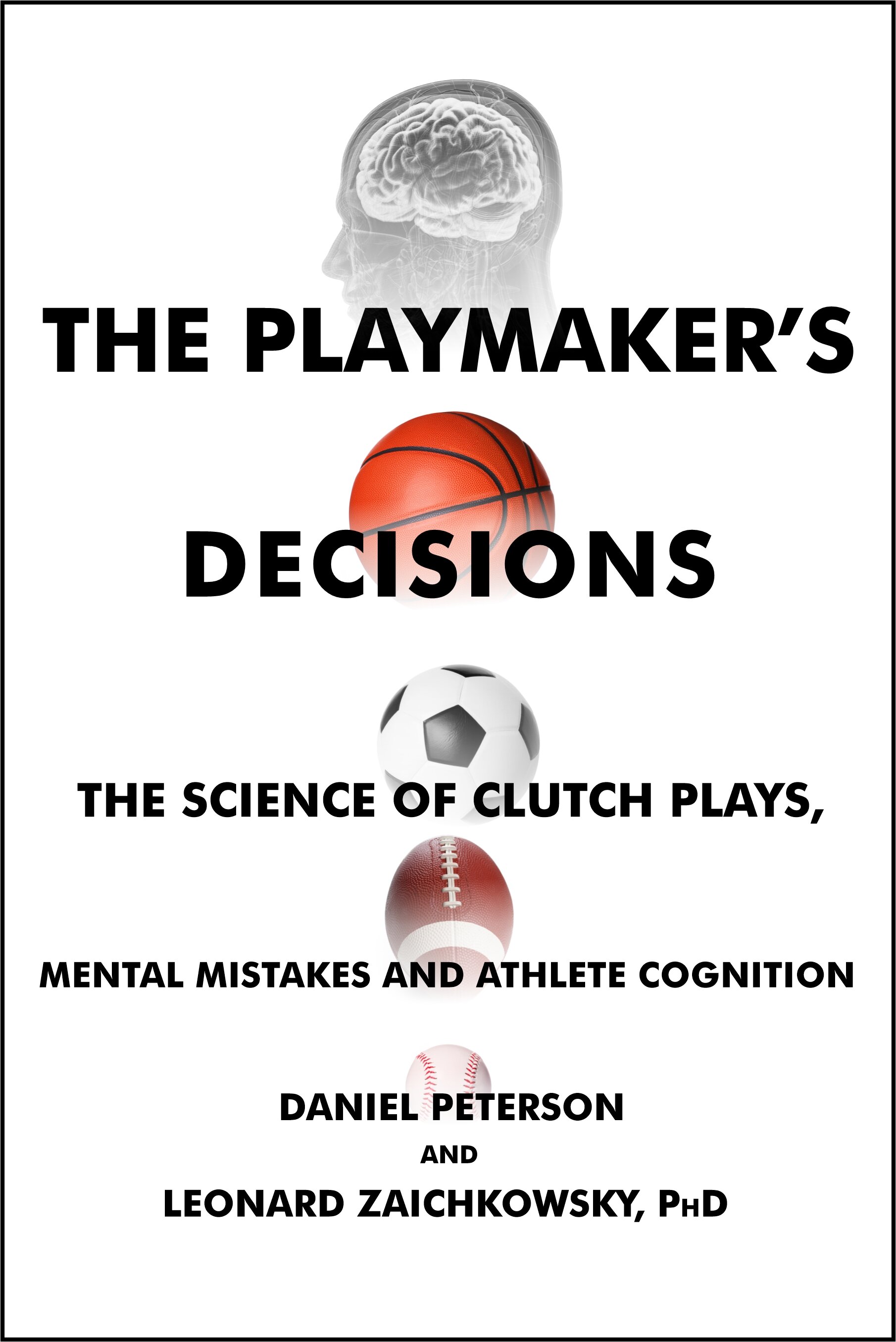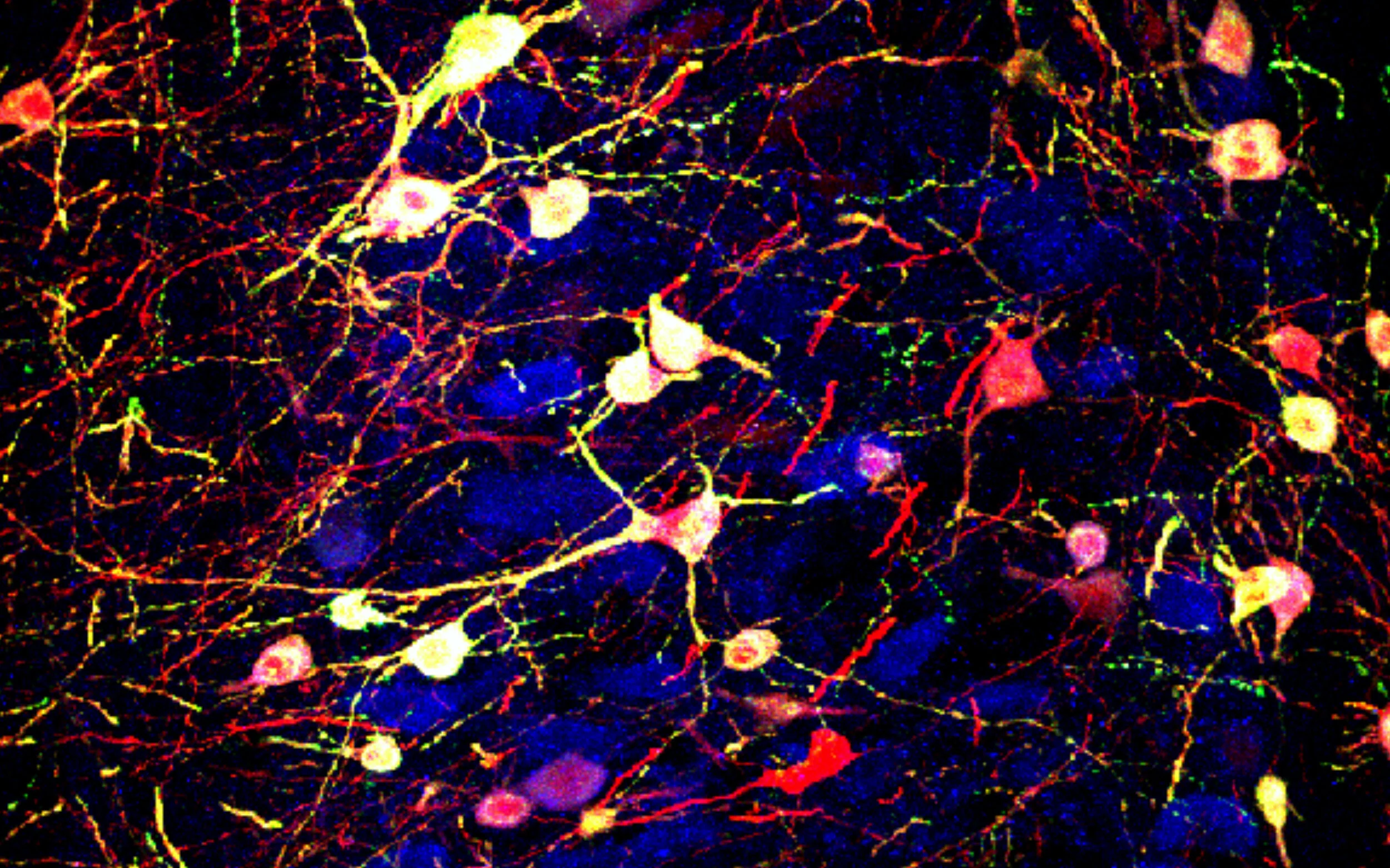Ending The Myth Of The Dumb Jock
/
In the first study to demonstrate a clear positive association between adolescent fitness and adult cognitive performance, Nancy Pedersen of the University of Southern California and colleagues in Sweden find that better cardiovascular health among teenage boys correlates to higher scores on a range of intelligence tests – and more education and income later in life.
"During early adolescence and adulthood, the central nervous system displays considerable plasticity," said Pedersen, research professor of psychology at the USC College of Letters, Arts & Sciences. "Yet, the effect of exercise on cognition remains poorly understood."
Pedersen, lead author Maria Åberg of the University of Gothenburg and the research team looked at data for all 1.2 million Swedish men born between 1950 and 1976 who enlisted for mandatory military service at the age of 18.
In every measure of cognitive functioning they analyzed – from verbal ability to logical performance to geometric perception to mechanical skills – average test scores increased according to aerobic fitness.
However, scores on intelligence tests did not increase along with muscle strength, the researchers found.
"Positive associations with intelligence scores were restricted to cardiovascular fitness, not muscular strength," Pedersen explained, "supporting the notion that aerobic exercise improved cognition through the circulatory system influencing brain plasticity."
The results of the study – in the current issue of PNAS Early Edition – also show the importance of getting healthier between the ages of 15 and 18 while the brain is still changing.
Boys who improved their cardiovascular health between ages 15 to 18 exhibited significantly greater intelligence scores than those who became less healthy over the same time period. Over a longer term, boys who were most fit at the age of 18 were more likely to go to college than their less fit counterparts.
"Direct causality cannot be established. However, the fact that we demonstrated associations between cognition and cardiovascular fitness but not muscle strength . . . and the longitudinal prediction by cardiovascular fitness on subsequent academic achievement, speak in favor of a cardiovascular effect on brain function," Pedersen said.
In their sample, the researchers looked at 260,000 full-sibling pairs, 3,000 sets of twins, and more than 1,400 sets of identical twins. Having relatives enabled the research team to evaluate whether the results might reflect shared family environments or genetic influences.
Even among identical twin pairs, the link between cardiovascular health and intelligence remained strong, according to the study. Thus, the results are not a reflection of genetic influences on cardiovascular health and intelligence. Rather, the twin results give further support to the likelihood that there is indeed a causal relationship, Pedersen explained.
"The results provide scientific support for educational policies to maintain or increase physical education in school curricula," Pedersen said. "Physical exercise should be an important instrument for public health initiatives to optimize cognitive performance, as well as disease prevention at the society level."
Source: University of Southern California
"During early adolescence and adulthood, the central nervous system displays considerable plasticity," said Pedersen, research professor of psychology at the USC College of Letters, Arts & Sciences. "Yet, the effect of exercise on cognition remains poorly understood."
Pedersen, lead author Maria Åberg of the University of Gothenburg and the research team looked at data for all 1.2 million Swedish men born between 1950 and 1976 who enlisted for mandatory military service at the age of 18.
In every measure of cognitive functioning they analyzed – from verbal ability to logical performance to geometric perception to mechanical skills – average test scores increased according to aerobic fitness.
However, scores on intelligence tests did not increase along with muscle strength, the researchers found.
"Positive associations with intelligence scores were restricted to cardiovascular fitness, not muscular strength," Pedersen explained, "supporting the notion that aerobic exercise improved cognition through the circulatory system influencing brain plasticity."
The results of the study – in the current issue of PNAS Early Edition – also show the importance of getting healthier between the ages of 15 and 18 while the brain is still changing.
Boys who improved their cardiovascular health between ages 15 to 18 exhibited significantly greater intelligence scores than those who became less healthy over the same time period. Over a longer term, boys who were most fit at the age of 18 were more likely to go to college than their less fit counterparts.
"Direct causality cannot be established. However, the fact that we demonstrated associations between cognition and cardiovascular fitness but not muscle strength . . . and the longitudinal prediction by cardiovascular fitness on subsequent academic achievement, speak in favor of a cardiovascular effect on brain function," Pedersen said.
In their sample, the researchers looked at 260,000 full-sibling pairs, 3,000 sets of twins, and more than 1,400 sets of identical twins. Having relatives enabled the research team to evaluate whether the results might reflect shared family environments or genetic influences.
Even among identical twin pairs, the link between cardiovascular health and intelligence remained strong, according to the study. Thus, the results are not a reflection of genetic influences on cardiovascular health and intelligence. Rather, the twin results give further support to the likelihood that there is indeed a causal relationship, Pedersen explained.
"The results provide scientific support for educational policies to maintain or increase physical education in school curricula," Pedersen said. "Physical exercise should be an important instrument for public health initiatives to optimize cognitive performance, as well as disease prevention at the society level."
Source: University of Southern California












